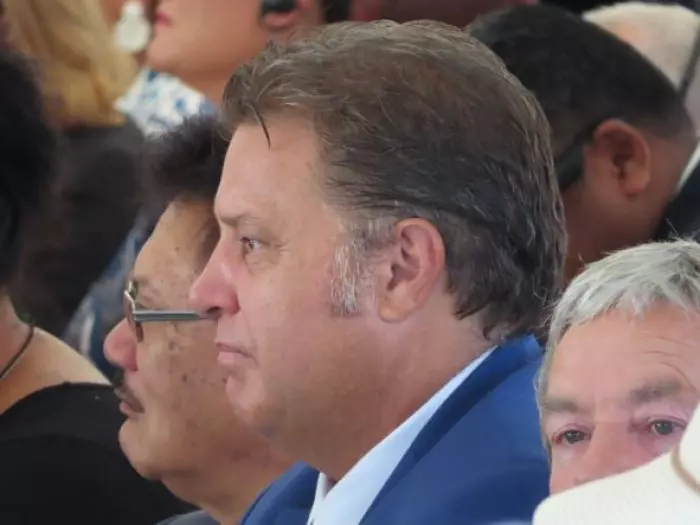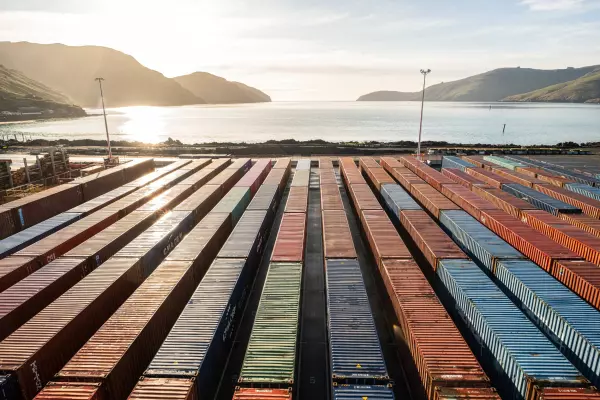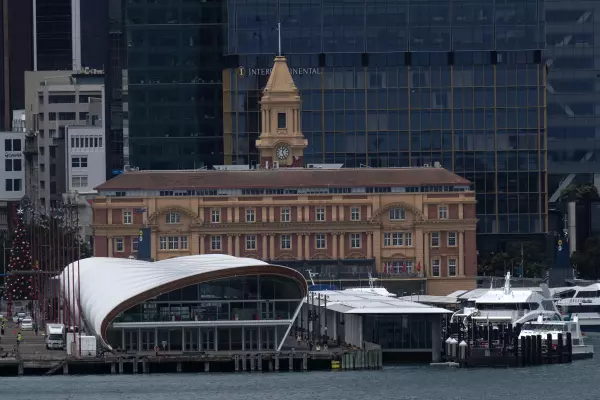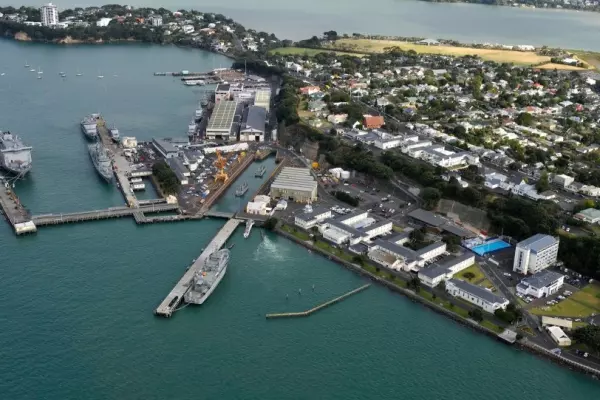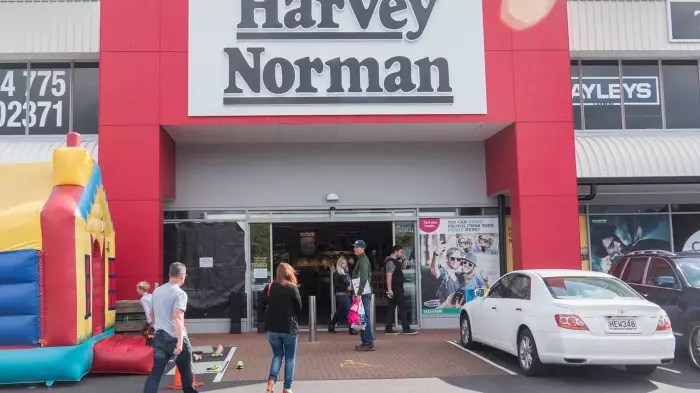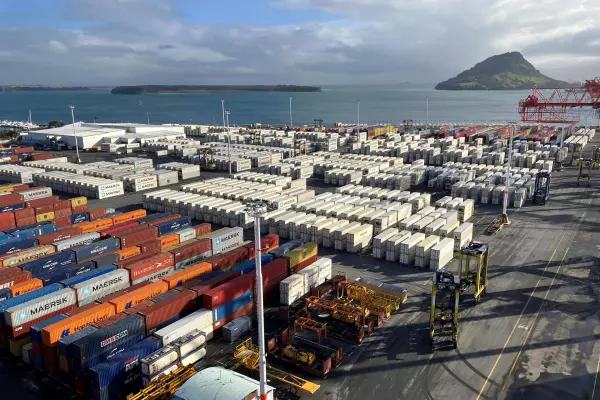The KiwiRail board has appointed an external investigator to speak with departed managers following negative reports about chief executive Greg Miller.
BusinessDesk reported the board was considering the move last Thursday.
At the time, acting board chair Sue McCormack wouldn’t comment on the likelihood of a probe, but said the board supported Miller and his senior leadership team.
Kevin McMahon, a workplace consultant, has been tasked with doing exit interviews with about 20 senior managers who have either left or are leaving the state-owned rail operator, according to documents seen by BusinessDesk.
Speaking last week, Rail and Maritime Transport Union (RMTU) general secretary Wayne Butson welcomed the prospect of a review.
“I think it’s needed because morale amongst the senior leadership team is really, really bad.”
The board ordered the probe in response to an article published by NBR last month which linked the departure of several executives to Miller’s leadership style.
Miller, who was the KiwiRail board chair at the time, was appointed chief executive in May 2019, taking over from Todd Moyle, who was acting chief executive after Peter Reidy left in 2018.
A source within the company described the change in culture between Reidy and Miller as like night and day. Where Reidy was open and accessible, Miller had a “command and control” style of leadership, several sources alleged.
“It was amazing to watch something unravel so quickly.”
Miller didn’t respond to questions about his leadership style last week.
The experienced transport and logistics professional was seen at the time of his appointment to the board as close to New Zealand First politicians Winston Peters and Shane Jones, both of whom – along with Labour ministers in the last government – pushed for a more activist approach to the use of the rail system as a national infrastructure asset rather than a primarily commercial activity.
The current board ordered the review to find out why people had decided to leave and to help ensure KiwiRail was a good place to work, according to the documents seen by BusinessDesk.
The departed
The review will include exit interviews with 20 staff who recently left, but BusinessDesk understands the true number of senior departed staff (including managers and executives) since Miller took over in 2019 is higher.
Recent resignations include Moyle, the deputy chief executive and chief operating officer, a key figure who was once touted as a potential future chief executive, group general manager human resources Andrew Norton, who had been on secondment to the Department of Prime Minister and Cabinet, and chief corporate affairs officer Usman Pervaiz, who has family in Australia.
At least eight senior executives (including Penelope Rae, who was acting chief information officer when Miller was appointed) have left the organisation since 2019. Women make up the majority of executive-level departures. Including Rae, five female executives have left KiwiRail in the past two years.
There are three women on the current 12-strong executive leadership team. Women are a minority in the male-dominated KiwiRail workforce. According to the 2019/20 annual review, of a workforce of 3700 staff, there were just 582 women, or 15%.
However, women make up a greater share of departures: 38%, or 66 of the 172 resignations in 2019/20.
The current workforce is 4300.
Several sources spoken to by BusinessDesk described KiwiRail’s culture under Miller, who is Māori, as “old school” and lacking in diversity.
Strike decision imminent
Industrial relations between KiwiRail and the RMTU have deteriorated under Miller, largely due to a dispute over a new multi-employer collective agreement. About 2500 RMTU members were sent voting papers for a strike ballot, which closed last Friday. The union is due to announce the result of the vote this week.
Any strike would be the first national action by railway workers in decades. It would likely have a huge impact on freight and holiday period travel.
Last year, union members agreed to a general 0% pay increase (a relatively small number of people got pay hikes and KiwiRail increased its KiwiSaver employer contributions), due to the impact of covid-19.
During negotiations this year, the union pushed for an 8% increase to the total payroll figure. Divided equally among employees, the flat increase would benefit the lowest paid workers the most.
Last week, Miller said KiwiRail had made five offers, all of which had been rejected (Butson said the company had only presented two formal offers).
“We do not believe strike action is necessary or justified and we encourage the RMTU to keep negotiating with the expectation that we can together reach a settlement,” Miller said.
This article has been updated to add current staff numbers.


